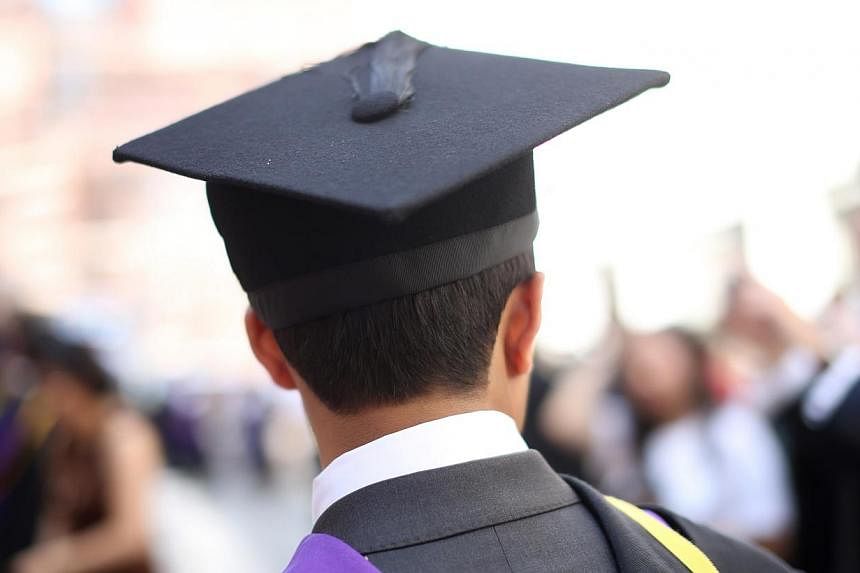The quality of Australia's universities is under threat from "risky" practices in the booming international education sector, a report by a government body has found.
The Productivity Commission, the government's independent advisory body, warned that Australia's universities faced a significant risk because of their heavy reliance on offshore agents to recruit students and assist with visa applications. Such agents could be "unscrupulous" and are more likely to recruit low-calibre students, it said.
Australia uses agents to recruit 53 per cent of foreign students - more than in other English-speaking countries such as New Zealand (47 per cent), the United States (38 per cent) and Britain (11 per cent).
The commission said agents were paid high commissions by Australian universities, which encourage them to recruit as many students as possible.
"An agent is unlikely to spend significant resources and time pursuing higher-quality students, who have more opportunities and options available to them," the report found.
"The heavy reliance on agents in Australia thus results in a lower quality of students compared with some competitors."
An investigation by broadcaster ABC's Four Corners programme last month found that education agents in China were willing to accept forged high school reports and were giving advice on avoiding the requirements of the standard English language test.
An undercover reporter was offered advice on falsifying records by agents Shinyway and EduGlobal, which recruit on behalf of top Australian institutions, including the University of Melbourne, University of Sydney, Australian National University (ANU) and Monash University.
The revelations prompted some universities to immediately suspend their use of the agencies and others to review their contracts.
ANU vice-chancellor Ian Young said the university was investigating the allegations against Shinyway and "will take further action if the agent is not complying with the university's high standards".
The concerns emerged as soaring numbers from Asia last year triggered an increase of more than 10 per cent in foreign student numbers. The booming international education sector is worth about A$17 billion (S$17.7 billion) a year.
About 450,000 foreign students were enrolled in schools of higher education in Australia last year, with the top 10 source countries listed as China, India, Vietnam, South Korea, Thailand, Brazil, Malaysia, Nepal, Indonesia and Pakistan. Those from China and India made up 37 per cent of student visa holders.
Australian universities perform well in international rankings and have attracted large numbers of foreign students. But there has been growing concern about education standards at the universities due to their reliance on income from foreign fee-paying students.
Shrinking public investment in higher education has forced universities to increasingly rely on funding from foreign students. In the largest state of New South Wales, the number of fee-paying international students increased 13 times between 1988 and last year. The state's universities now rely on foreign students for about 17 per cent of revenue.
A report by the corruption commission in New South Wales last month urged universities to take tougher measures to stem cheating. It warned that academics could face pressure to engage in "soft marking" and overlook cheating.
"Students may be struggling to pass, but universities cannot afford to fail them," said the Independent Commission Against Corruption.
It issued a range of recommendations, saying universities should limit the use of foreign education agents and increase oversight of them. It recommended that marketing and admission departments should be kept separate.
International students pay up to three times more than Australian students - as much as A$40,000 a year for top courses.
Australian Education Minister Christopher Pyne said the government introduced a draft strategy for international education last month and was "already addressing issues raised by the Productivity Commission".
"Australia's use of education agents offshore has been important to its success in the highly competitive global education market," a spokesman for the minister told The Sunday Times.
"We already have very robust quality assurance arrangements in place, and we are working closely with the International Education Association of Australia to help institutions monitor agent performance and make decisions about who they should continue to work with."
Some analysts said there has been a fall in standards for recruiting students since the Immigration Department introduced fast- track visas for foreign students in 2012.
Mr Pyne said the government was reviewing the fast-track visa process and planned to "further strengthen the integrity of Australia's student visa arrangements".

